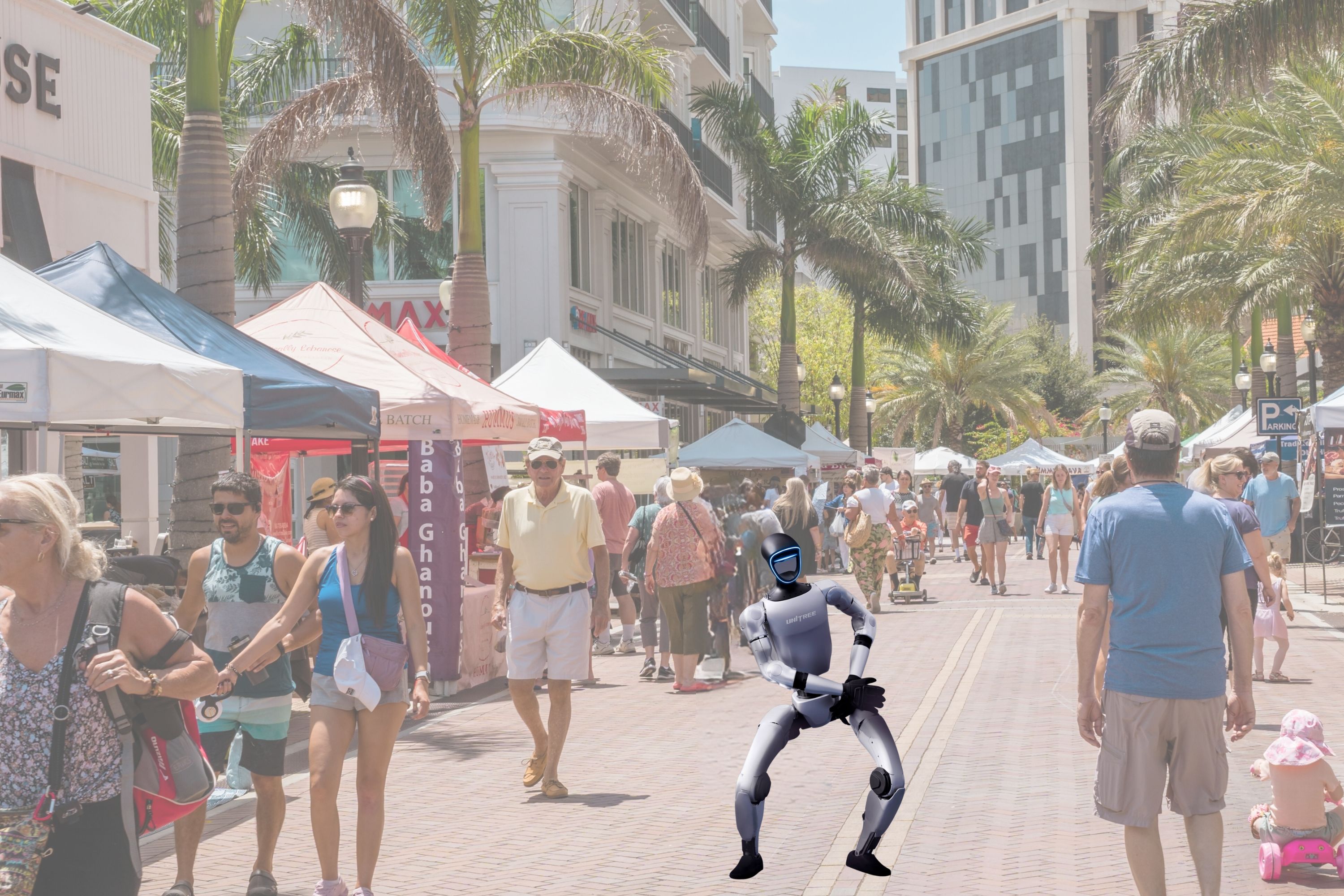One Year After Milton, ALSO Youth Reopens at a New Location
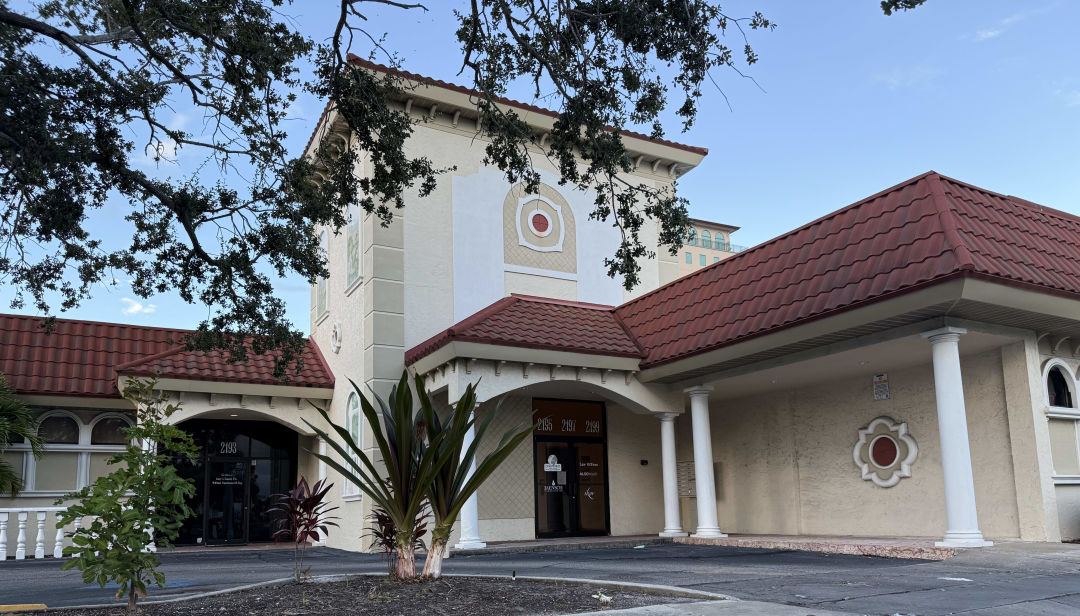
Image: Courtesy Photo
One year after Hurricane Milton tore the roof off ALSO Youth’s Sarasota center in the Rosemary District, the organization is marking its return with an opening that’s as symbolic as it is practical. The nonprofit LGBTQ+ youth organization will reopen at its new Sarasota location this Saturday—just two days after the anniversary of Milton's landfall, one day after World Mental Health Day, and the same day as National Coming Out Day.
Founded in 1992, ALSO Youth is a nonprofit serving LGBTQ+ people ages 10 to 24 across Sarasota and Manatee counties. The organization provides mental health counseling, peer support groups, leadership development and affirming spaces where youth can safely gather, connect and be themselves. In a state where nearly half of LGBTQ youth have considered suicide and many struggle to access care, ALSO Youth’s work fills a critical gap—offering both practical resources and a sense of belonging that can literally be life-saving.
“It’s been a long year,” says Annie Berkness, ALSO Youth's executive director. “We had to find a space that would meet our unique needs in a safe, accessible place kids could bike to and that was on a bus line.”
After Milton destroyed their leased building, insurance didn't cover much . The group’s operations shifted to its Bradenton center, with Sarasota programming limited to pop-ups at Harvest Church on Friday nights and Art Center Sarasota on Saturdays—arrangements that kept some programs alive, but couldn’t replace the feeling of home being on hold due to Milton.
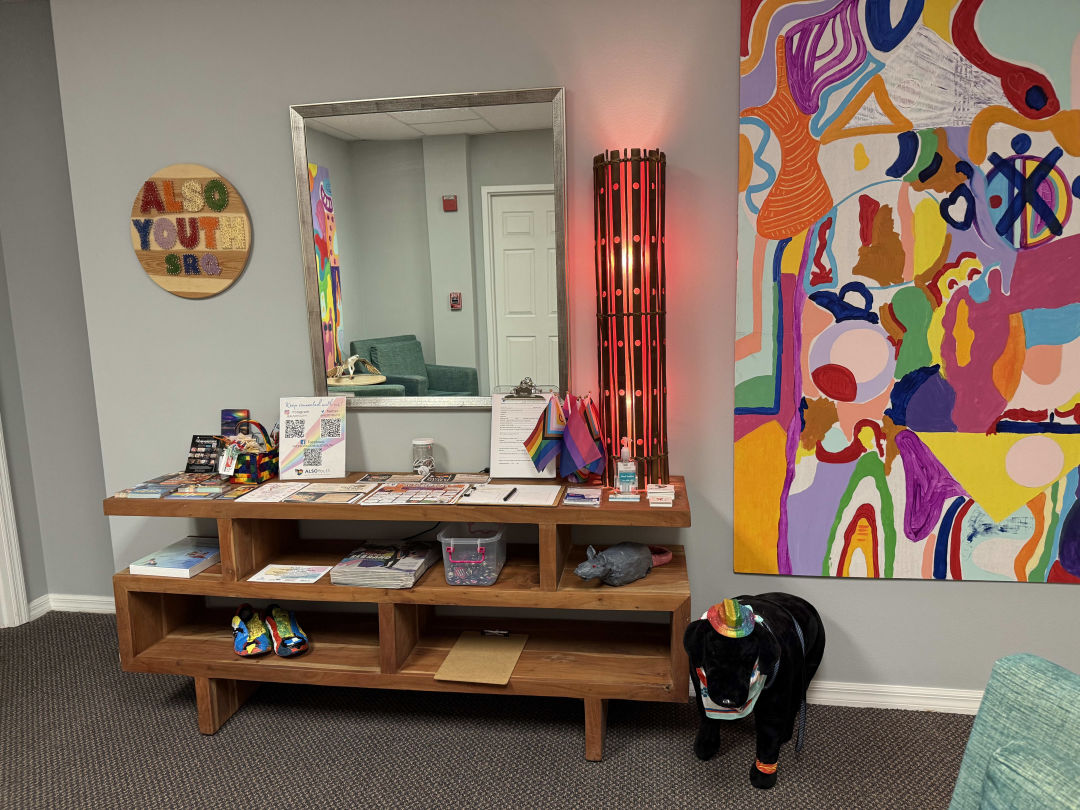
Image: Courtesy Photo
This fall, the organization is stepping back into that role with new energy and impact. Over the past year, ALSO Youth’s contracted therapist network delivered 917 counseling sessions to 64 LGBTQ+ youth across Sarasota and Manatee Counties, at an average cost of $96 per session, with wait times from intake to appointment averaging just three days. Therapy spending rose 25.8 percent from the previous year, reflecting rising demand.
Laura Zane-Nwagbaraocha, a licensed mental health counselor based in Bradenton, and owner of Sage Synergy, has worked with LGBTQ+ and neurodivergent youth for more than two decades. “Acceptance and feeling like you belong, and being around people who get you, reduces depression, anxiety and suicide,” she says. “It’s just giving humans that sense of being part of the pack. Isn’t that what we all want? To feel like we belong, that someone cares about us just as we are, without having to pretend to be someone else.”
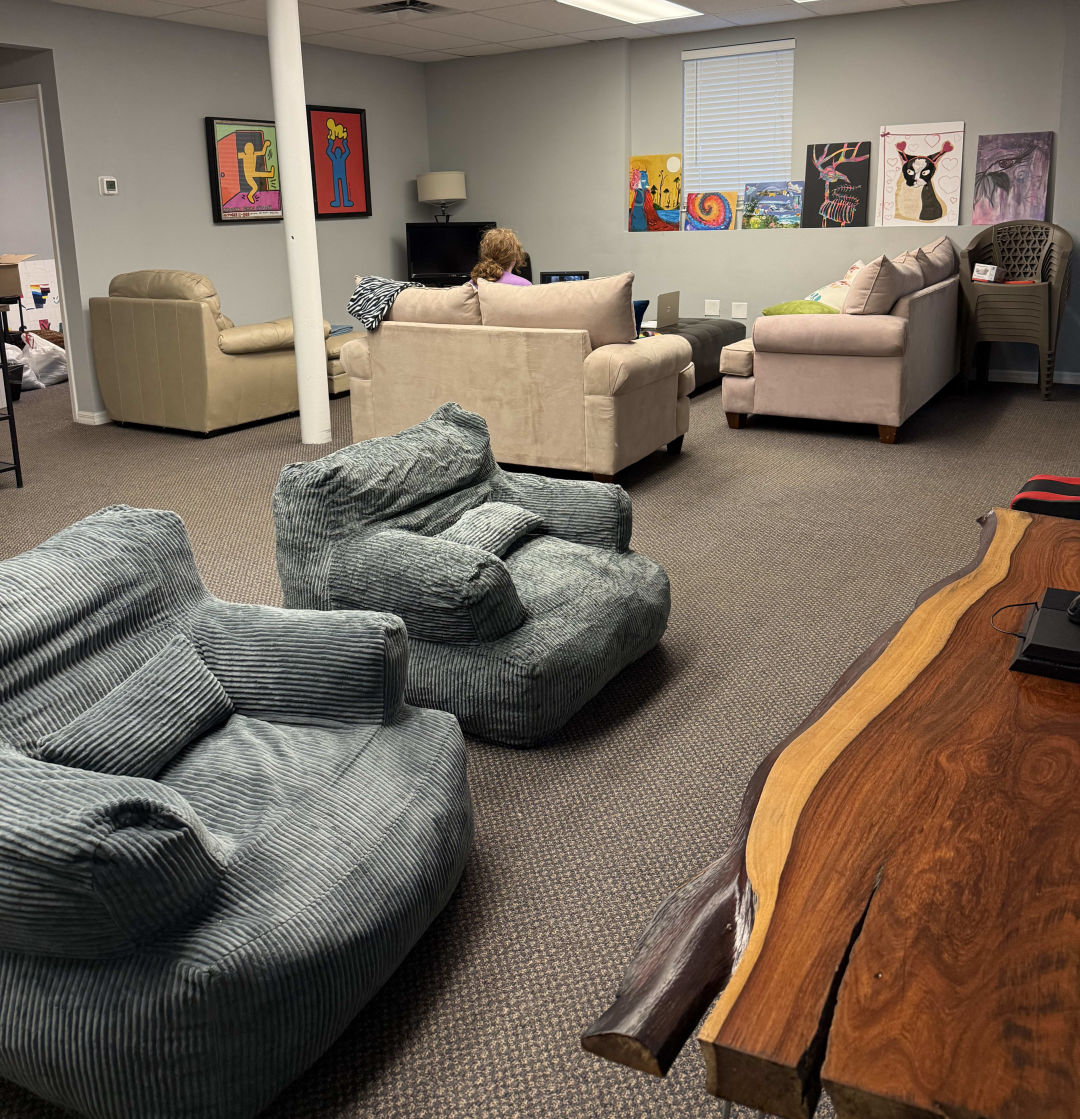
Image: Courtesy Photo
Her clients, she says, are navigating intersecting stressors—from identity to neurodivergence to politics. “They’re scared of being bullied, and with the resurgence of conversion therapy, which is not a safe therapy and is rooted in religion, it’s really negative,” she says. “They’re afraid, especially if they’re coming from religious households.”
Things can feel daunting. In recent years, the Sarasota County School District has adopted policies that target LGBTQ+ students. After Florida passed the “Don’t Say Gay” law, Sarasota implemented guidelines requiring school staff to notify parents if a student comes out or requests use of different names or pronouns than in school records. In many cases, without parental consent, the school will not honor a student’s preferred identity. Such rules raise fears that vulnerable youth could face emotional or physical harm at home, or be denied safe spaces in school—forcing secrecy and eroding trust with educators.
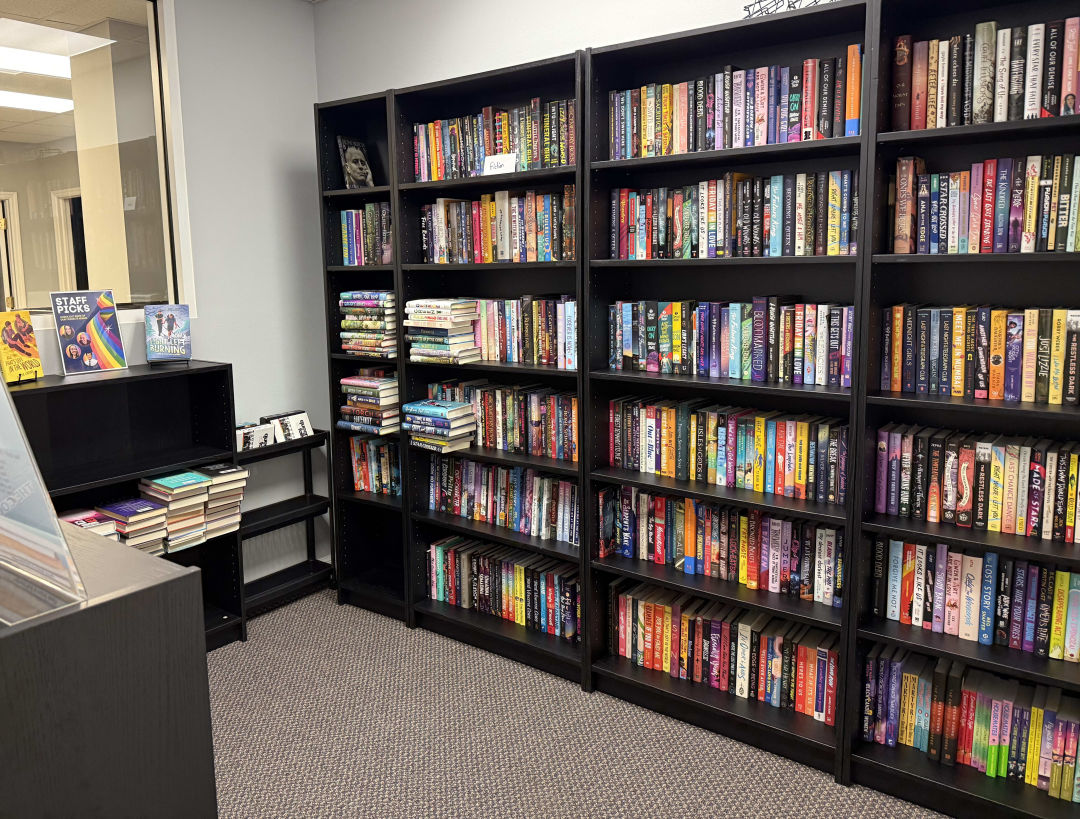
Image: Courtesy Photo
The district also voted 4–1 to reject new federal Title IX rules that would have expanded discrimination protections to include sexual orientation and gender identity. More recently, the school board removed specific mentions of LGBTQ+ groups from its anti-harassment policies, replacing enumerated protections with language shielding “all students” in a more generic way. Meanwhile, books with LGBTQ+ themes have been challenged.
The stakes are high. According to The Trevor Project’s 2022 Florida survey, 45 percent of LGBTQ+ youth in Florida seriously considered suicide in the past year, including 54 percent of transgender and nonbinary youth. Sixteen percent attempted suicide, and 65 percent who wanted mental health care couldn’t access it, including 63 percent of transgender and nonbinary youth. Nearly three-quarters reported experiencing discrimination based on sexual orientation or gender identity, and fewer than half identified their school as LGBTQ+-affirming.
National data from 2024 paints a similar picture: 39 percent of LGBTQ+ youth across the U.S. seriously considered suicide, 12 percent attempted it, and 90 percent said their well-being was negatively affected by recent politics.
Berkness says those numbers reflect what her team sees daily. “That’s why we’re here—helping them find their voice,” she says. “We hear them, and we want them to know we have their backs and are a community of adults standing with them.”
The new Sarasota center, located on Ringling Boulevard, is roughly 2,000 square feet—it was formerly a car dealership—transformed into a safe, youth-friendly space. There’s a quiet room, a resource closet stocked with donated clothes, and walls slowly filling with artwork from the teens themselves.
“We got the keys at the end of August and had to reacquire everything—furniture, TVs, art and clothes,” Berkness says. “The kids were homesick, but now we’re back.”
Programming is already underway. By day, the space functions like an office, connecting youth to therapists and partner organizations. By evening, it becomes a community hub. Mondays and Tuesdays are for support groups—neurodiversity, gender identity and others—while Wednesdays alternate between book club and a gamers’ group. Thursdays bring after-school homework help, and November will see the launch of “Adulthood 101,” a pilot program focused on practical skills: résumés, interviews, tenant rights, nutrition and personal finance. Fridays are fun nights—karaoke, games, and social time. Saturdays vary but often feature arts programming or young adult hangouts.
The center primarily serves high schoolers but extends programming up to age 24. Therapy is offered through a network of contracted professionals, with sessions held in person or online. During the past year, the average time from intake to first appointment was just three days, with an average of 14.3 sessions per youth
Zane-Nwagbaraocha sees the difference a space like this can make. “Studies show that one adult can make a change in a child’s life,” she says. “If that one adult doesn’t shame them and allows them to be themselves, it can be the difference in that child’s life. The hope is finding a peer group—when they can text those five people from ALSO who are part of their group, or go to proms or dances and express themselves versus having to fit a mold for their school dances. It allows kids to experience who they are and try on those identities before getting out in the real world.”
For parents, the center offers something equally rare: a place to gather, compare notes, and build their own support network. “They can talk to each other and learn to advocate for their kids,” Zane-Nwagbaraocha says. “Not just the deep stuff, but the regular practical parenting stuff. Silly things like, ‘Do I let her spend the night at a friend’s if they’re out?’ Those kinds of questions matter too.”
Berkness sees the reopening not just as a return to operations, but as a statement of resilience. “The attack on this group has been just unending,” she says. “We hear them, and we want them to know we have their backs and are a community of adults standing with them.”
She also notes the financial support that made the reopening possible. “I’m floored by the donations. The individual donations came pouring in. People saw what was happening in the world,” she says. “On the flipside, businesses were scared to give with DEI initiatives under fire, so individuals really picked up the slack. This is changing lives. Your dollars matter. It’s about $90 a therapy session to cover these kids, but it’s worth it when you see the impact.”
As Sarasota gathers this weekend—on the anniversary of a hurricane, the day after World Mental Health Day and during National Coming Out Day weekend—the reopening of ALSO Youth’s Sarasota center is more than a ribbon cutting. It’s a reminder that for some young people, having one affirming space, and one adult who listens can be life-saving.
The public is invited to the ALSO Youth Community Brunch, grand opening on Saturday, Oct. 11 at 2195 Ringling Blvd., Sarasota. Click here to learn more.

